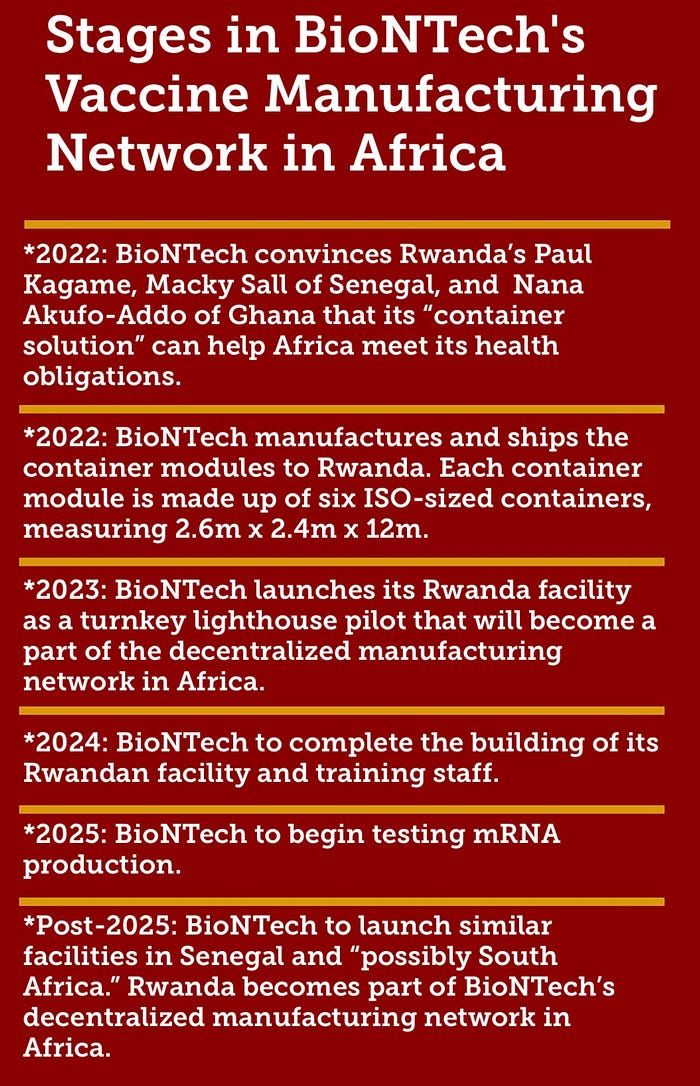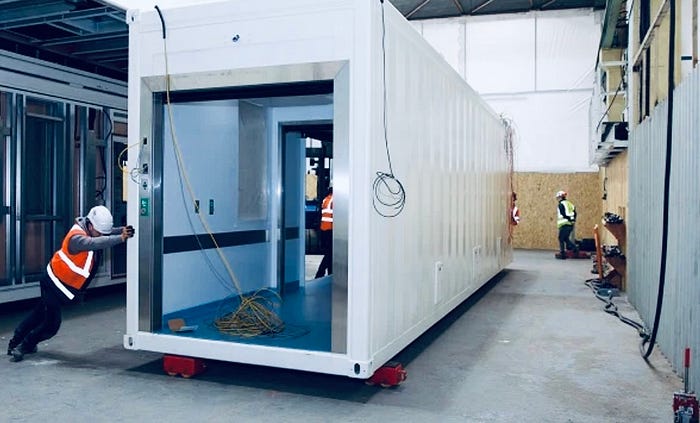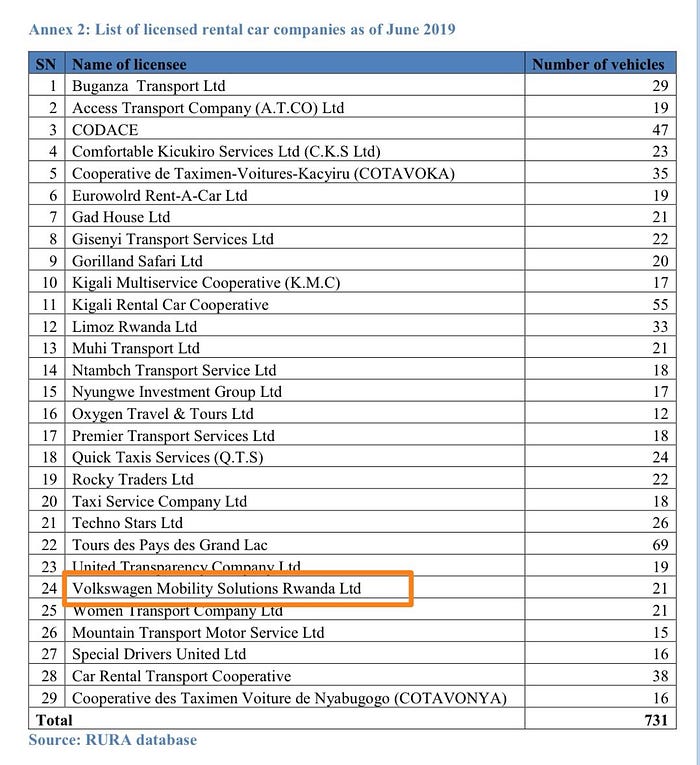By David Himbara

I must say that I was quite skeptical when General Paul Kagame declared in 2020 that Rwanda would soon become a hub for manufacturing mRNA medicines to supply Africa. However, I followed closely the subsequent developments when Biopharmaceutical New Technologies (BioNTech SE) entered the picture in 2021–2022. That is when the German biotechnology company convinced Kagame, Macky Sall of Senegal, and Nana Akufo-Addo of Ghana that its technologies would help Africa meet its health obligations.
It is important to contextualize Africa’s urgent need to improve the health of its people. A number of African countries, including Egypt, Tunisia, Algeria, Morocco, South Africa, Senegal, Nigeria, and Ethiopia, have vaccine manufacturers. However, due to the lack of local scientific capacity and unreliable supply chains, their capacity is limited to “fill and finish” imported vaccines. As a result, Africa, a continent with a population of 1.4 billion people, still imports 99% of its vaccines. Africa’s health security is, therefore, compromised.
BioNTech SE’s solution impressed three heads of state and the African Union
In 2022, BioNTech SE, a biotechnology company, presented the concept of a fully-equipped mRNA manufacturing facility to the three heads of state and the African Union. The company would develop and deliver “turnkey mRNA manufacturing facilities based on a container solution.”The container solution involves one drug substance and one formulation module known as a BioNTainer. According to BioNTech SE, each BioNTainer module is made up of six ISO-sized containers, measuring 2.6m x 2.4m x 12m. These container modules would be manufactured in Germany and then shipped to Rwanda first, and later to Senegal and possibly to South Africa. Ghana will support the African network with the “fill-and-finish capacities.”
On December 18, 2023, BioNTech SE launched their new facility in Rwanda. They say they’ll finish building it and start training people there in 2024. Then, in 2025, they’re gonna start testing mRNA production to make sure everything’s working right. Thereafter, Rwanda will become part of BioNTech’s decentralized manufacturing network in Africa comprised of Senegal, South Africa and Ghana.
The facility in Rwanda serves as a “lighthouse project” for the development of future mRNA-based vaccine manufacturing facilities
BioNTech SE has referred to its newly established facility in Rwanda as a “lighthouse project.” subsequently, manufacturing facilities to produce mRNA-based vaccines of commercial-scale production. For those unfamiliar with the term, a lighthouse project is a pilot project that serves as a trial and testing ground before establishing the actual manufacturing facility. This tried-and-tested approach can help transform ideas into tangible value for businesses.
Once the lighthouse project phase is completed, the facility in Rwanda will become a part of BioNTech’s decentralized and end-to-end manufacturing network in Africa. BioNTech’s goal is to send BioNTainers to Senegal and possibly South Africa in close collaboration with each country and the African Union.
Let’s refocus on Kagame’s vision of establishing Rwanda as a leading vaccine manufacturing hub in Africa and Himbara’s dismissal of the feasibility of this goal
I maintain my skepticism towards the possibility of Rwanda, under Kagame’s leadership, emerging as a prominent hub for vaccine production in Africa.

My skepticism is based on four key reasons that I would like to highlight.
- In delivering its containers to Rwanda, BioNTech utilized a turnkey solution, which essentially means that the model deployed was a plug-and-play system. However, it’s important to note that sugarcoating container shipments to Africa is not an accurate reflection of the true nature of technology transfer. While this method of implementation may serve to appease the likes of Kagame whose interests lie in photo opportunities and other similar engagements, it’s not a sustainable option. It’s crucial to consider the complexities involved in transferring technology to Africa and ensure that the implementation process is both effective and sustainable.
- According to BioNTech, the facility in Rwanda is considered a “lighthouse pilot project.” This term is used to describe a project that serves as a guiding light or beacon to help companies navigate potential risks during the manufacturing process. In other words, the Rwanda facility serves as a test run for BioNTech to identify and mitigate any challenges that may arise before the actual production of mRNA begins after 2025.
- BioNTech announced a future collaboration with the Institut Pasteur de Dakar (IPD) in Senegal. This partnership aims to enhance the development of quality control capabilities and the scale-up of local knowledge and training in the region. IPD is a renowned institution in research, public health, and training in West Africa, with a strong focus on infectious diseases such as malaria, arboviruses, viral hemorrhagic fever (AVHF), influenza, diarrheal diseases, and antimicrobial resistance. It is worth noting that BioNTech did not mention any equivalent Rwandan institution in their announcement, as there isn’t any at present.
- General Kagame is known for his involvement in sponsoring conflicts, enforcing border closures, engaging in verbal altercations with neighbouring nations, and abducting Rwandans in the diaspora who have fled his regime. Some of his comrades-in-arms die mysteriously. For a country to establish itself as a hub for the manufacture and distribution of vaccines on the African continent, it is imperative that it maintains a peaceful co-existence with its neighbouring states and establishes healthy trade relationships with them.
The so-called vaccine manufacturing in Rwanda is nothing but a repeat of the Kigali Volkswagen plant debacle, which turned out to be nothing more than a rental service. Serge Kamuhinda is the current CEO of Volkswagen Rwanda. Prior to joining Volkswagen, Kamuhinda held various positions in the Rwandan government, including serving as the Chief Operating Officer of the Rwanda Development Board (RDB) and as the Deputy Head of the Strategy and Policy Unit in Kagame’s office. It’s noteworthy that Volkswagen Rwanda does not manufacture or assemble cars but instead operates as a rental service provider. As per the Rwanda Utilities Regulatory Authority(RURA), Volkswagen Rwanda is among the 29 licensed rental companies in Rwanda and operates a fleet of 21 vehicles. Shown is the RURA data showing the case of VW Rwanda.

Let’s not forget the Mara Phone, which was touted as the first-ever phone to be manufactured entirely in Africa.

Kagame himself praised the Mara Phone factory as “the first of its kind in our continent” and “another milestone on our journey to high-tech, made-in-Rwanda industry.” However, the Mara Phone factory, launched with much fanfare in 2019, went bust in 2022.
Stay tuned.




























































